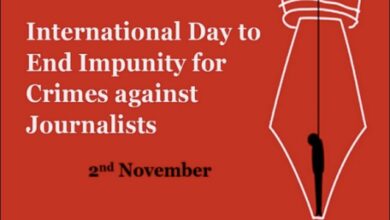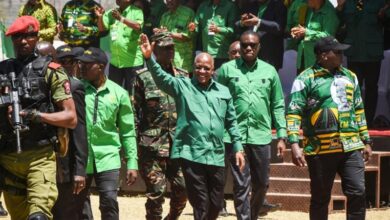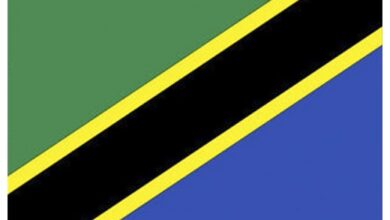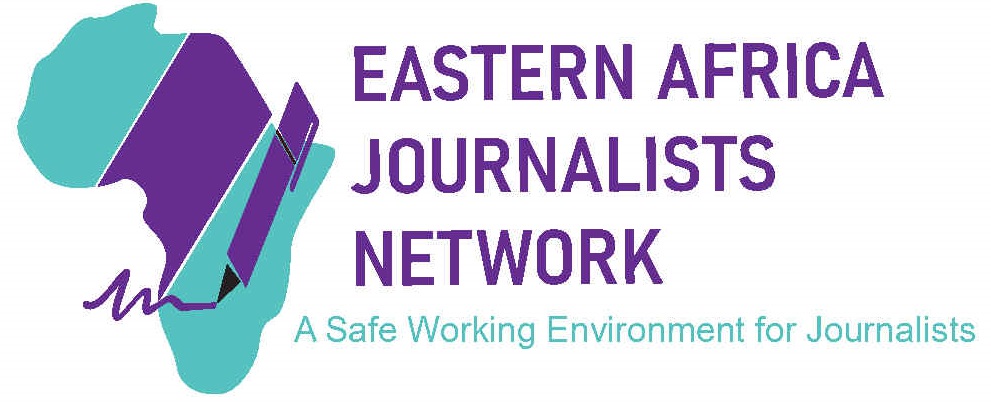Tanzania
President Samia Suluhu ascended to power on 19th March 2021 after the demise of the predecessor, President Pombe Magufuli on 17th March 2021. Her initial executive orders were seen as positive as she sought to restore the respect of media freedom that had suffered ignominy for about six years. Similarly, she has started to restore the standing of Tanzania in the community of nations.
For instance, while Tanzania has ratified key international and regional human rights instruments, during the late President Magufuli’s tenure the country failed to submit seven periodic reports to the African Commission on Human and People’s Rights as required by the African Charter that it voluntarily ratified in 1984.
Sustained legal and regulatory pressure on journalists and the expression of other public figures during 2021 contributed to further self-censorship and other suppression of news coverage. Independent journalists and media outlets are subject to harsh repression in Tanzania. The 2016 Media Services Act grants the government broad authority over media content and the licensing of outlets and journalists. It also prescribes severe penalties, including prison terms, for publication of defamatory, seditious, or other illegal content. Other problematic laws include the cybercrime law, the Penal Code and the 2018 Electronic and Postal Communications (Online Content) Regulations.
The media regulator, Tanzania Communications Regulatory Authority, from August 2020 requires that local media must receive explicit permission from it to broadcast content produced outside of Tanzania, limiting citizens’ access to information from international broadcasters like BBC World Service and Deutsche Welle.
The 2018 Electronic and Postal Communications (Online Content) Regulations require bloggers and owners of online discussion platforms and streaming services to pay more than $900 in annual registration fees. Many bloggers shut down their outlets as a result.
Tanzania is ranked as not free, highly restricted by global media freedom monitors. For instance, Freedom House in its annual Freedom in the World Report rates country as partly free with a score of 34 out of 100.
Reporters Without Borders ranks it at 124 out of 180 countries. This is the same position the country held in the previous year.
ARTICLE 19 in its Global Expression Report 2021 categorized Uganda as a highly restricted country with a score of 38 out of 100.
-
Nov- 2020 -1 November

EAJNet Calls on Governments to End Impunity for Crimes Against Journalists in the region
Eastern Africa Journalists Network (EAJNet) has called on the governments in the region to expeditiously investigate and bring to justice…
Read More » -
Oct- 2020 -24 October

65 Civil Society Organisations write to President John Magufuli of Tanzania ahead of the 28 October National Elections
Tanzania: Systematic restrictions on fundamental freedoms in the run-up to national elections To President John Magufuli Excellency, We, the undersigned…
Read More » -
Sep- 2020 -22 September

840 cases in Tanzania
Tanzania ranks position 124 out of 180 countries in the 2020 World Press Freedom Index by Reporters Without Borders. Arbitrary…
Read More »
